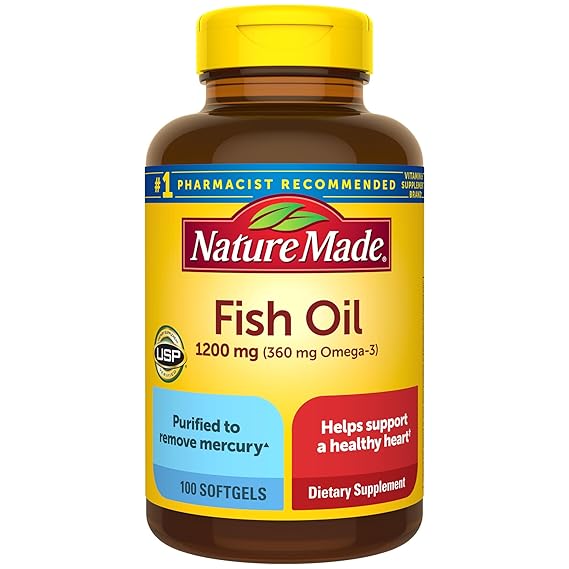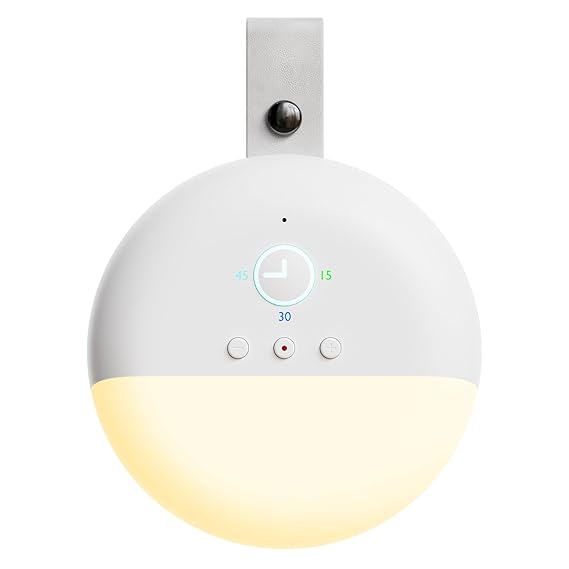Heart Health for Men: Simple Lifestyle Changes That Work
Heart disease remains the leading cause of death among men globally. While genetics and age play a role, lifestyle choices are one of the most powerful tools men have to protect their heart health. The good news? You don’t need to make drastic changes overnight. A few consistent, manageable habits can dramatically reduce your risk of heart disease and improve your overall quality of life.
In this blog, we’ll explore simple, science-backed lifestyle changes that men of all ages can adopt for a healthier heart.

Why Heart Health Matters More Than Ever
Modern lifestyles are filled with stress, sedentary work, fast food, and poor sleep – all of which contribute to heart problems. Heart disease doesn’t always announce itself with symptoms. In many cases, the first sign is a heart attack or stroke. That’s why preventive care is critical.
According to the Centers for Disease Control and Prevention (CDC):
- 1 in every 4 male deaths is due to heart disease.
- Men are more likely than women to experience heart attacks earlier in life.
- High blood pressure and cholesterol are common in men over 40.
So, how can you stay ahead of this silent killer?
- Clean Up Your Diet – One Step at a Time
Your heart needs fuel – and the quality of that fuel matters. Eating a heart-friendly diet can lower cholesterol, reduce blood pressure, and help maintain a healthy weight.
What to Add:
- Fruits & Vegetables: Aim for 5–7 servings per day. Leafy greens, berries, and citrus fruits are particularly powerful.
- Whole Grains: Switch from white rice and bread to brown rice, quinoa, and oats.
- Healthy Fats: Incorporate nuts, seeds, avocado, and olive oil. These provide omega-3s which are excellent for heart function.
- Lean Proteins: Choose fish, skinless poultry, legumes, and tofu over red or processed meats.
What to Cut:
- Processed Foods: High in sodium and trans fats.
- Sugary Drinks: Soda and energy drinks spike blood sugar and increase fat storage.
- Excess Red Meat: Limit intake to once or twice a week.
Quick Tip:
Follow the Mediterranean diet – widely considered the best diet for heart health.
Omega-3s from fish oil have been shown to improve heart function. Try Nature Made Fish Oil – 1200mg, 100 Softgels to support your cardiovascular health naturally
- Get Moving – But Keep it Sustainable
You don’t have to become a gym rat to improve your heart. But you do need regular physical activity.
Heart-Healthy Exercise Tips:
- 150 minutes of moderate activityper week (brisk walking, cycling, dancing).
- Include strength training2x a week (weights or resistance bands).
- Stay active throughout the day – take the stairs, walk during calls, stretch hourly.

Regular exercise helps:
- Lower blood pressure and cholesterol
- Improve blood circulation
- Reduce body fat and inflammation
- Boost your mood and energy levels
Quick Tip:
Find an activity you enjoy – whether it’s basketball, hiking, swimming, or yoga – so you’re more likely to stick with it.
Fitness Tip: Don’t have access to a gym? A SLOVIC Resistance Bands set like this one is a great way to start strength training at home.
- Sleep Well – Recharge Your Heart
Poor sleep isn’t just about feeling groggy – it takes a direct toll on your heart.
Heart Risks of Poor Sleep:
- High blood pressure
- Obesity
- Type 2 diabetes
- Irregular heartbeat (arrhythmia)
Sleep Tips for Heart Health:
- Aim for 7–8 hoursof quality sleep.
- Avoid screens 1 hour before bed.
- Keep a consistent sleep schedule – even on weekends.
- Reduce caffeine and alcohol intake before bed.
Quick Tip:
Try white noise machines or relaxing bedtime routines like deep breathing or light stretching to improve sleep quality.
Sleep Aid: Trouble sleeping? The SLEEPHOHO White Sound Device combines sound therapy and sleep routines to help you rest deeply and protect your heart
- Manage Stress – Your Heart Feels It Too
Chronic stress increases inflammation, raises blood pressure, and can lead to unhealthy habits like binge eating or smoking – all of which harm your heart.
Healthy Stress-Busters:
- Mindfulness & Meditation: Just 10 minutes a day can calm your nervous system.
- Exercise: Releases endorphins and reduces cortisol.
- Hobbies: Find relaxing, enjoyable activities – gardening, music, art, or reading.
- Social Support: Talking to friends, family, or a therapist helps release emotional tension.
Quick Tip:
Practice the 4-7-8 breathing method: Inhale for 4 seconds, hold for 7, exhale for 8. It’s simple and effective.
- Quit Smoking – For Good
Smoking is a major risk factor for heart disease. Even second-hand smoke can harm your cardiovascular system.
Quitting smoking:
- Reduces your risk of coronary heart disease by half in just 1 year
- Improves circulation and lung function
- Lowers blood pressure and heart rate
How to Quit:
- Use nicotine replacement therapy(patches, gum).
- Try behavioral therapy or support groups.
- Identify your triggers and create healthier responses.
Quick Tip:
Download a quit-smoking app to track progress and stay motivated.
- Get Regular Checkups – Know Your Numbers
Even if you feel healthy, regular checkups are essential. Men are often less likely to visit doctors unless symptoms are severe.
Track These Vital Heart Numbers:
- Blood Pressure: Normal = below 120/80 mmHg
- Cholesterol: Total cholesterol below 200 mg/dL
- Blood Sugar: Fasting blood glucose under 100 mg/dL
- BMI & Waist Size: Aim for a BMI under 25 and a waist under 40 inches
Quick Tip:
Set a recurring calendar reminder for annual health checkups.

- Limit Alcohol – Or Avoid It Altogether
While occasional drinking might not be harmful, excessive alcohol consumption raises your risk of high blood pressure, irregular heartbeats, and cardiomyopathy.
Guidelines:
- Stick to no more than 2 drinks per dayfor men.
- Choose heart-friendlier options like red wine in moderation.
Quick Tip:
Try non-alcoholic beers or mocktails to enjoy social settings without the risks.
- Stay Connected – Mental and Heart Health Go Hand in Hand
Isolation and loneliness are emerging risk factors for heart disease, especially in older men.
How to Stay Social:
- Join community clubs or fitness classes.
- Reconnect with old friends.
- Volunteer or mentor others.
Staying connected boosts mental wellness, reduces stress, and encourages healthier habits.
Your Heart Is in Your Hands
You don’t need to overhaul your entire lifestyle in one day. The key to protecting your heart lies in consistency and small daily habits. Start with just one change – maybe a 10-minute walk after dinner or replacing soda with water – and build from there.
Remember, heart disease is largely preventable. By focusing on your diet, movement, sleep, stress, and regular checkups, you’re not just adding years to your life – you’re adding life to your years.








